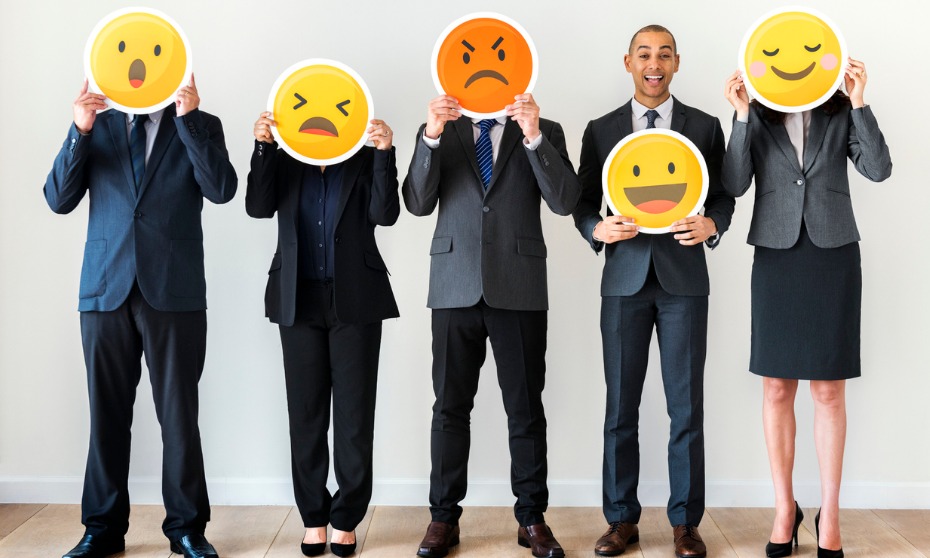
Beware the generation gap at work that can create some awkward moments with emojis

Emojis can help create friendlier workplaces, however it’s the generation gap at work that could create some awkward moments.
That’s according to the 2degrees “Good Chat” Emoji Study of more than 2,000 New Zealanders.
Even though one in two of us use emojis to give a sense of tone and avoid being misunderstood, half of those surveyed have used emojis in the wrong context, with 17% getting into trouble for it.
Indeed, people can interpret emojis in different ways and different groups often associate different meanings with different symbols, and this doesn’t always cross the generations, according to Miriam Meyerhoff, Linguistics Professor at Victoria University Wellington.
“This can be a minefield in the workplace. For example, a wink face might be used in a flirtatious way by people who wouldn’t dream of sending one at work, while for others it signifies a friendly and light-hearted comment at the end of a work email.
“The last thing we want is for people to feel uncomfortable or even harassed by a misunderstood emoji that was sent by a workmate in all innocence but received the wrong way.”
READ MORE: Communication 101 with Mark Bowden
The research also found the use of emojis can change the way people view their colleagues and lead to better connections at work.
Almost one in three (29%) say their perceptions of their workmates change if they use emojis. And serial users can relax: the majority (59%) warm to you when you use emojis and think you are friendlier than expected.
Meyerhoff added language and communication norms are constantly changing and it’s clear that emojis have a part to play in this.
“It’s interesting to see that young women are leading the way as the biggest users of emojis, which fits in with other studies that show they usually drive language change.”
When it comes to interacting with your peers, you’re on fairly safe ground if aged between 16 and 24, with 94% using them in everyday digital conversations.
For most people, of all ages, it depends how well they know their colleague before they hit send, but 40% will email or text one of the colourful images if they think a workmate could use a smile.
However, it pays to think twice before sending a thumbs up to an older colleague as 42% of those aged 55+ think it is unprofessional to use emojis at work.
The older crowd also think the boss is off-limits, with one in two people over the age of 45 saying it is inappropriate to send one to the person in charge.
But that’s not putting off the people at the top: 41% of workers have received emojis from their boss or manager.
READ MORE: Internal communication vital to retention
This can pay dividends when it comes to building a strong culture, with one in four people feeling less intimidated by those in senior roles who send them a smiley face.
Scott Taylor, Chief Consumer Officer 2degrees, added that relationships are built on good communication and the growth of technology is giving us new ways of talking, including through emojis.
“It’s not surprising that younger people, who have been brought up with a mobile phone in their hand, are comfortable using emojis, but the rest of us aren’t far behind with 70% of Kiwis using them,” said Taylor
“The key, as with all good conversation, is to know what is appropriate when it comes to the emojis you choose and who you send them to.
“We’re constantly seeing new symbols being introduced and with that comes more opportunity for people to express their feelings in different ways.”